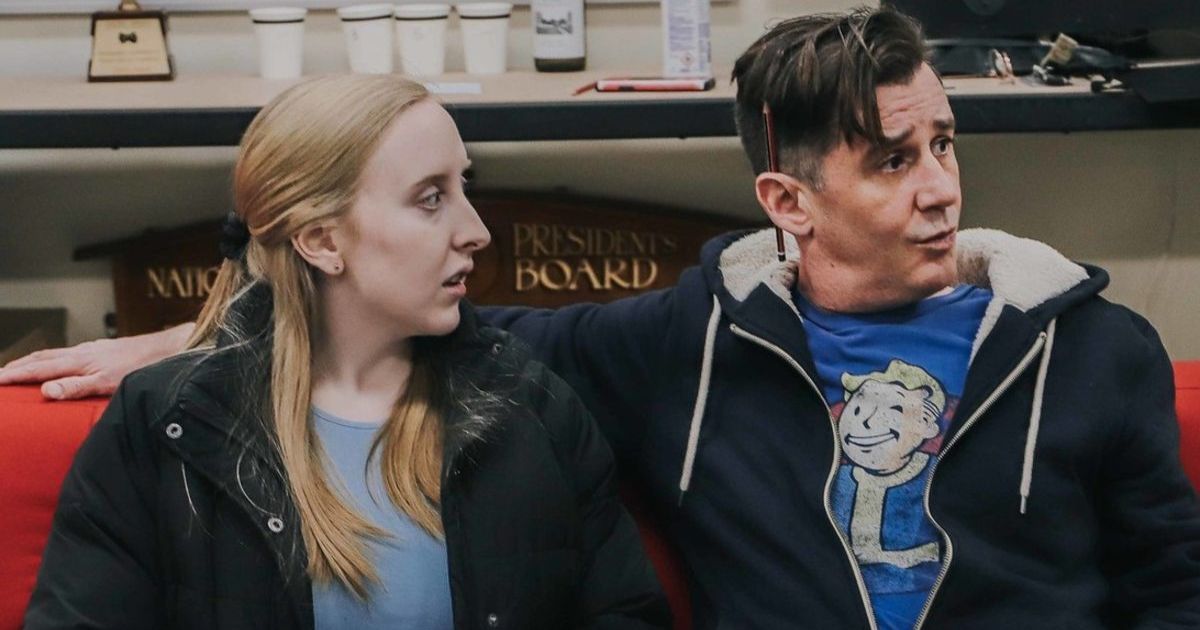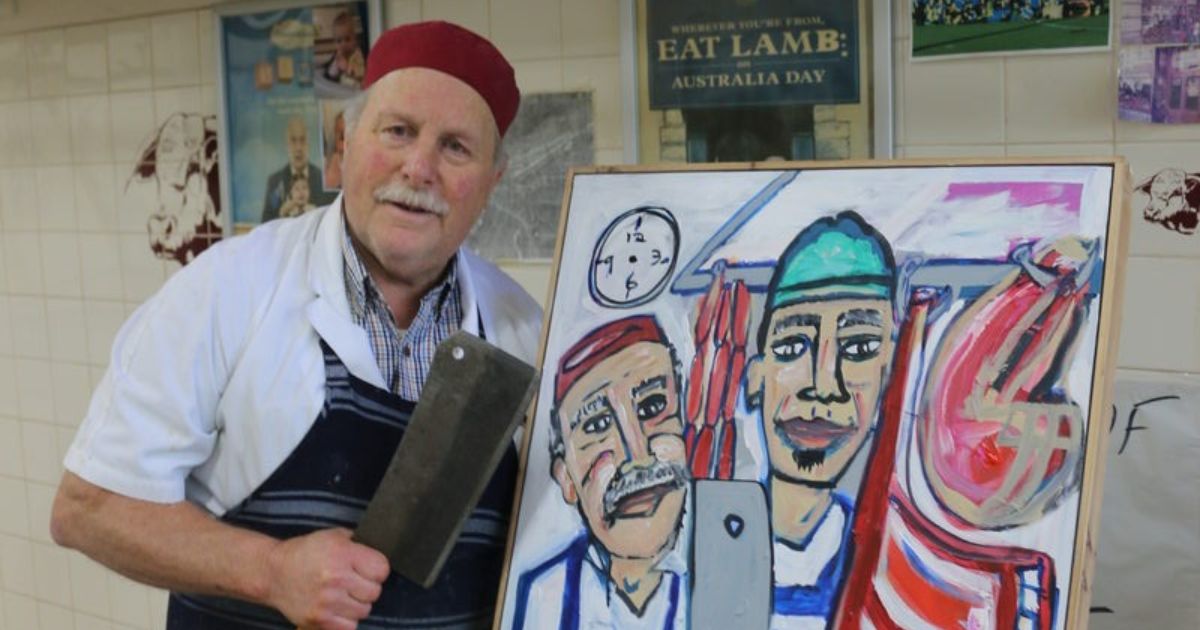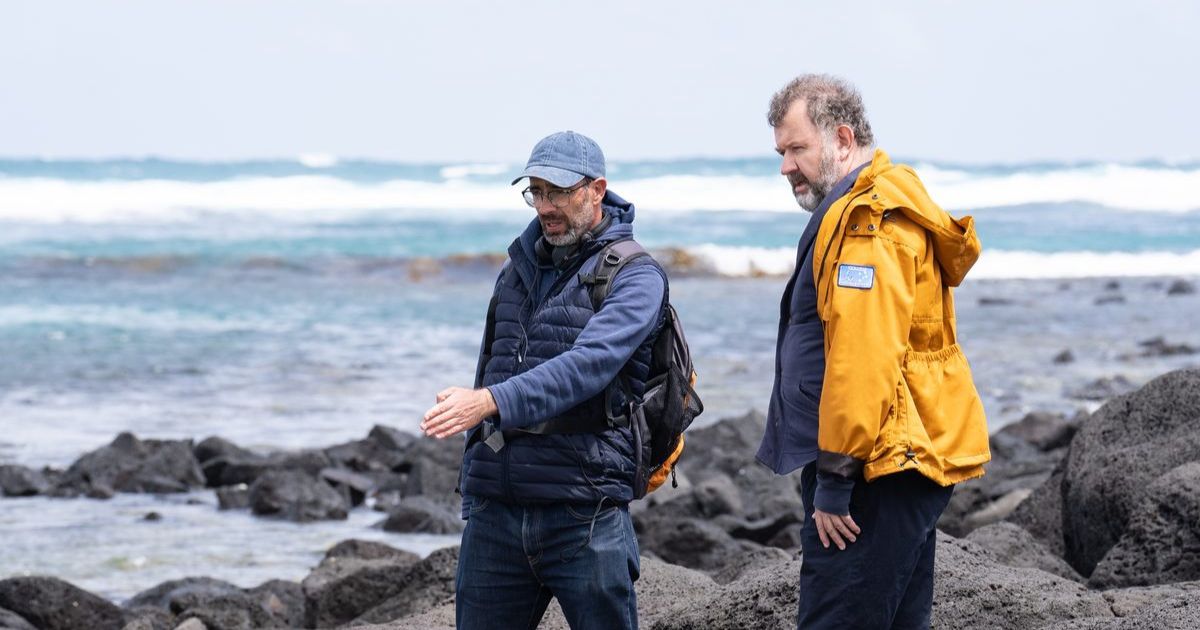From the desk of Roland Rocchiccioli

British actor, Sophie Okenedo is one the finest. Such is her talent, she could convince an audience to believe anything!
THE controversy surrounding the casting of the lead character in the stage musical, Kinky Boots, is an indicator of how attitudes have changed — and not necessarily for the betterment of the creative work.
Obviously, one does not have to be a murderer to play Jack the Ripper; nor a Prince of Denmark to play Hamlet. The extrapolation to such a degree would make it impossible to cast any production. Theatre would disappear.
Casting is dependent on type, and importantly, talent — the essential ingredient, and without which the production is doomed. Colourblind casting in the 21st century is imperative. It has transformed the modus operandi of production creatives. Without it we would be denied the riveting performances of Sophie Okonedo and Idris Elba. Ms. Okonedo’s performance as Queen Margaret in, The Hollow Crown, BBC, was of such brilliance it caused critics to rethink the role. Talent aside, Idris Elba, the eponymous, Luther, in the acclaimed television series, is now tagged a sex symbol. Twenty-years past, a black James Bond would have been deemed risible. Now, it is inevitable. Mr. Elba would be superb!
At age 11, the now London-based, Australian actor, Daniel Monks, was rendered partially disabled as a consequence of a spinal tumour. Recently, he played Konstantin in the prestigious Royal National Theatre’s production of Chekov’s, The Seagull. He used his disability to make the performance even more compelling; the character more nuanced. Mr. Monks is an actor of extraordinary talent.
Casting is about convincing an audience to suspend their disbelief; to trust the actor on the journey. It would be silly to cast a black, homosexual, disabled actor, to play Queen Elizabeth 11. Some casting defies credibility, and acceptability. To argue only a homosexual man should play a character of that sexual persuasion is problematic. Does it follow, therefore, homosexuals should not be allowed to play heterosexuals? Queer men have been playing straight men, and the reverse, since Thespis first stepped onto the stage in ancient Greek. While it was not an industry secret, the late Rock Hudson fooled the world for years. Legions of adoring female fans never suspected his preference. In his latest film, James Bond star, Daniel Craig, plays a homosexual man in 1950s Mexico. Also, his character in Netflix’s, Glass Onion, is queer. It is possible to conceive of Mr. Craig as bisexual, or even homosexual. You do not need a lipstick and a brassiere! Colin Firth has played, brilliantly and sympathetically, a number of queer characters; likewise, Hugh Grant, who is Daniel Craig’s love-interest in, Glass Onion. The late William Hurt’s tragic queer in, Kiss of the Spider Woman, was ground-breaking.
Regrettably, the performing arts, which has unique power to sway public opinion, has lacked inclusivity and diversity, and rejected too many. It was, mostly, a privileged, white Anglo-Saxon enclave. Showbusiness is an outrageously competitive industry; potential remuneration is intoxicating. However, many are called, few are chosen. Believing you qualify for a role does not entitle you. Regardless of colour, creed, ethnicity, sexual persuasion, or degree of mobility, if you want a part you need to shout-out and audition. As Eliza Doolittle would say: “move your bloomin’ arse!” Auditions, however horrendous, are part of the job!
We can hypothesise until hell freezes over. Ultimately, the acceptance of diversified casting and performance is the prerogative of audience — who are the final ingredient to any production. They will decide. If they do not like it, they will not watch!
Roland is heard with Brett Macdonald radio 3BA 10.45AM Monday. Contact: [email protected]


















